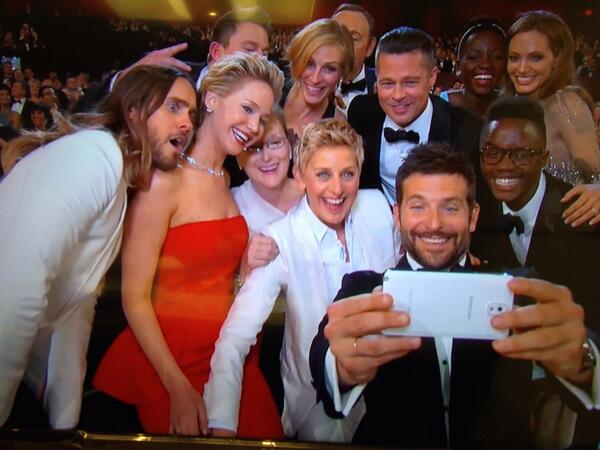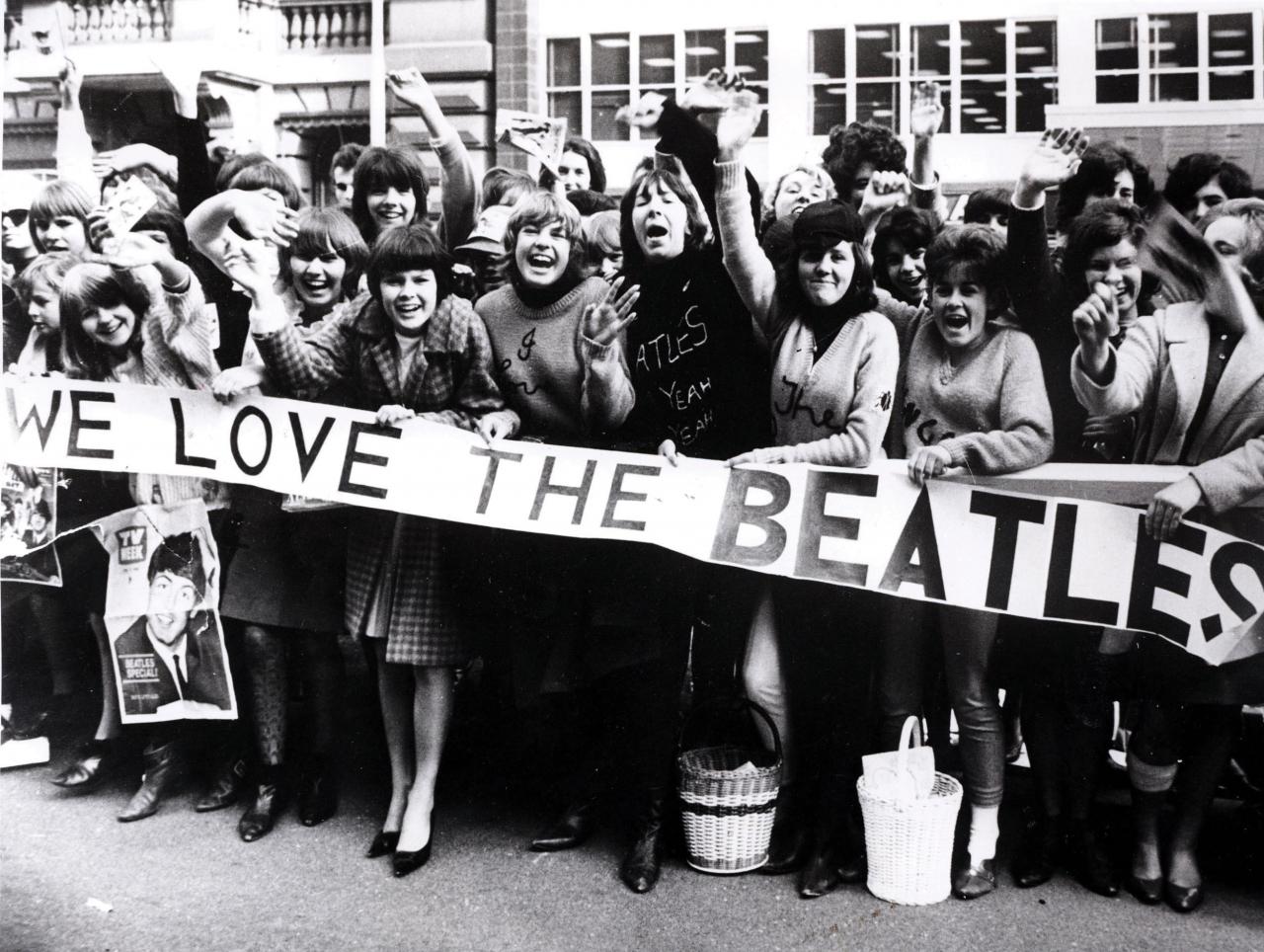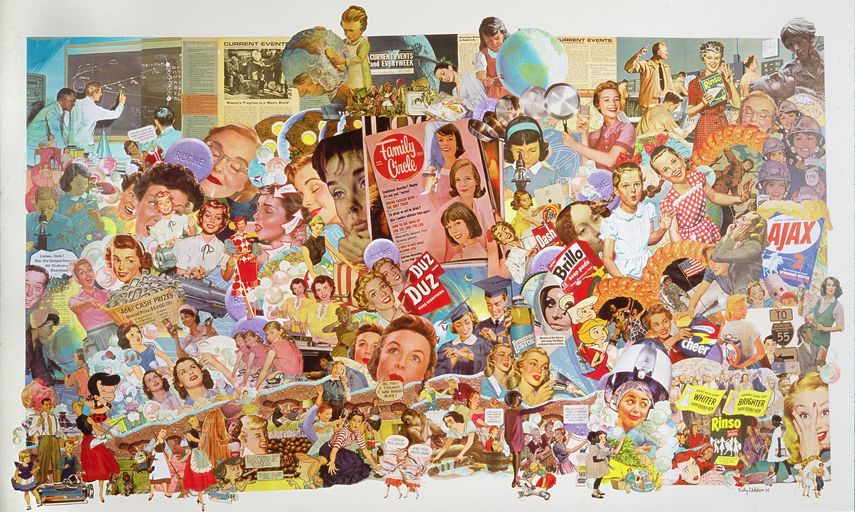Sociological definition of mass culture

Popular culture (or “pop culture”) generally refers to the traditions and material culture of a particular society. In the modern West, pop culture refers to cultural products such as music, art, literature, fashion, dance, film, cyber culture, television and radio, which are consumed by the majority of the population of society. Popular culture is those types of media that have mass accessibility and appeal.

The term “folk culture” was coined in the mid-19th century and referred to the cultural traditions of the people, as opposed to the “official culture” of the state or ruling classes. In broad usage today, it is defined in qualitative terms—pop culture is often considered a more superficial or lesser type of artistic expression.
Rise of popular culture
Scholars trace the origins of the rise of mass culture to the creation of a middle class engendered by the Industrial Revolution. People who were working-class attuned and moved to an urban environment far from their traditional farming life began to create their own culture to share with their colleagues as part of separating from their parents and bosses.
After the end of World War II, innovations in the media led to significant cultural and social changes in the West. At the same time, capitalism, namely the need for profit, took over the role of marketing: newly invented goods were sold to different classes. Then the meaning of mass culture began to merge with the meaning of mass culture, consumer culture, image culture, media culture and culture created by manufacturers for mass consumption.
Various definitions of popular culture
In his hugely successful textbook Cultural Theory and Popular Culture (now in its 8th edition), British media scholar John Story offers six different definitions of popular culture.
Popular culture is simply culture that is widely approved or liked by many people: it has no negative connotations.
Popular culture is what’s left after you’ve defined what “high culture” is: in this definition, pop culture is considered inferior, and it functions as a marker of status and class.
Pop culture can be defined as commercial objects that are produced for mass consumption by non-discriminatory consumers. In this definition, popular culture is a tool used by elites to suppress or exploit the masses.
Popular culture is folk culture, something that emerges from people rather than being forced on them: pop culture is authentic (created by people), not commercial (imposed on them by commercial enterprises).
Pop culture is negotiable: it is partly imposed by the ruling classes and partly resisted or changed by the subordinate classes. Dominants can create culture, but subordinates decide what to keep and what to discard.
The final definition of pop culture discussed by Storey is that in the postmodern world, in today’s world, the distinction between “authentic” and “commercial” is blurred. In today’s pop culture, users are free to accept some created content, modify it for their own use, or reject it entirely and create their own.
Popular culture: you make sense
All six of Storey’s definitions are still in use, but they seem to change depending on the context. Since the turn of the 21st century, mass media – the way pop culture is delivered – has changed so dramatically that it’s hard for scientists to ascertain how it functions. Back in 2000, “media” only meant print (newspapers and books), broadcast (television and radio), and cinema (movies and documentaries). Today, it covers a huge variety of social networks and forms.

To a large extent, popular culture today is created by niche users. What is “mass communication” moving forward? Commercial products like music are considered popular even when audiences are tiny compared to pop icons like Britney Spears and Michael Jackson. The presence of social media means that consumers can communicate directly with producers – and are producers themselves, turning the concept of pop culture on its head.
So in a way, popular culture has returned to its simplest meaning: that’s what a lot of people like.
